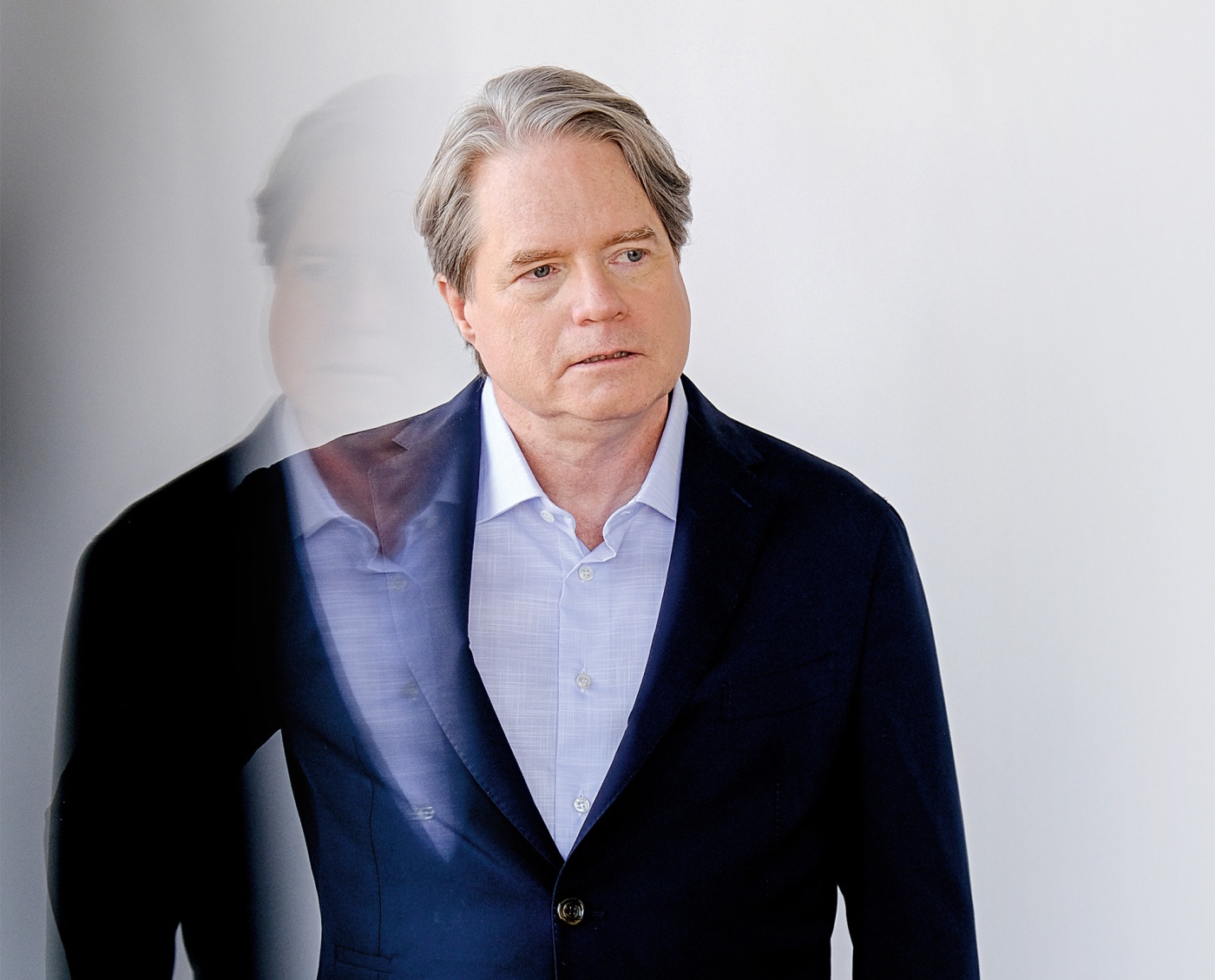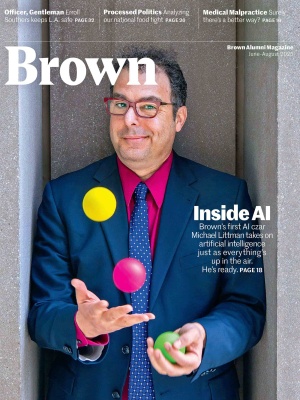What’s So Bad About Tribalism?
Michael Morris ’86 explores how cultural cues can be harnessed for good
Tribalism is often cited as the sinister force behind today’s angry and divisive American politics. In a recent, typical essay, a Pennsylvania attorney named Gary Stout linked the term to conspiracy theories, white Christian nationalism, and other social ills “that should trouble all of us concerned about the future of American democracy.”
But the work of Michael Morris ’86—a veteran cultural psychologist who teaches at Columbia University and also consults with a variety of corporations, agencies, and political campaigns—has shown that while shared identity and values can breed conflict with other groups, tribalism is also a key building block for a successful, collaborative society. He argues that understanding how cultural cues work is actually a path toward better understanding.

Morris’s years of research into how cultural influences affect the ways that people think, communicate, and work together is a subject that can easily lend itself to academic jargon, but the Bethel, N.Y., native wanted to reach a broader audience with his 2024 book Tribal: How the Cultural Instincts That Divide Us Can Help Bring Us Together, which aims to debunk some of the myths.
He worked closely with other Brown alums—his editor at Penguin, Niki Papadopoulos ’04, and then with the Pulitzer Prize–winning journalist and writer Gareth Cook ’91 as a writing coach—to make his key points through entertaining, relatable anecdotes.
Tribal’s opening story, which tells how the Dutch soccer coach Guus Hiddink in 2002 upended the deeply embedded cultural traditions of South Korea’s squad around deference and seniority to mold fierce competitors who reached the World Cup semifinals, drives home Morris’s main point that while tribalism creates a set of traditions, “cultural patterns are mutable and malleable, and…with the right tools, we—like Hiddink—can harness them.” Citing its role in collaboration and progress, he argues: “Tribal living is what truly made us human.”
In many ways, the book is the pinnacle of a journey that took shape after Morris transferred to Brown in the mid-1980s hoping to take advantage of the University’s Open Curriculum and merge a desire to read the Great Books with his keen interest in new areas of science such as artificial intelligence. His studies under interdisciplinary pioneers like the legendary professor George Morgan while completing a double major in cognitive science and comparative literature led him toward the cutting edge of cultural psychology as the field developed in the early 1990s.
Even as America begins 2025 in a state of political disarray and conflict, Morris points to examples from sports teams to the highly integrated U.S. military as positive examples of working through cultural conflicts and embracing diversity. “We can’t let Twitter steer the culture,” he says. “We need to know what the levers are and we need to be comfortable having an agenda about the culture that we want to build.”





